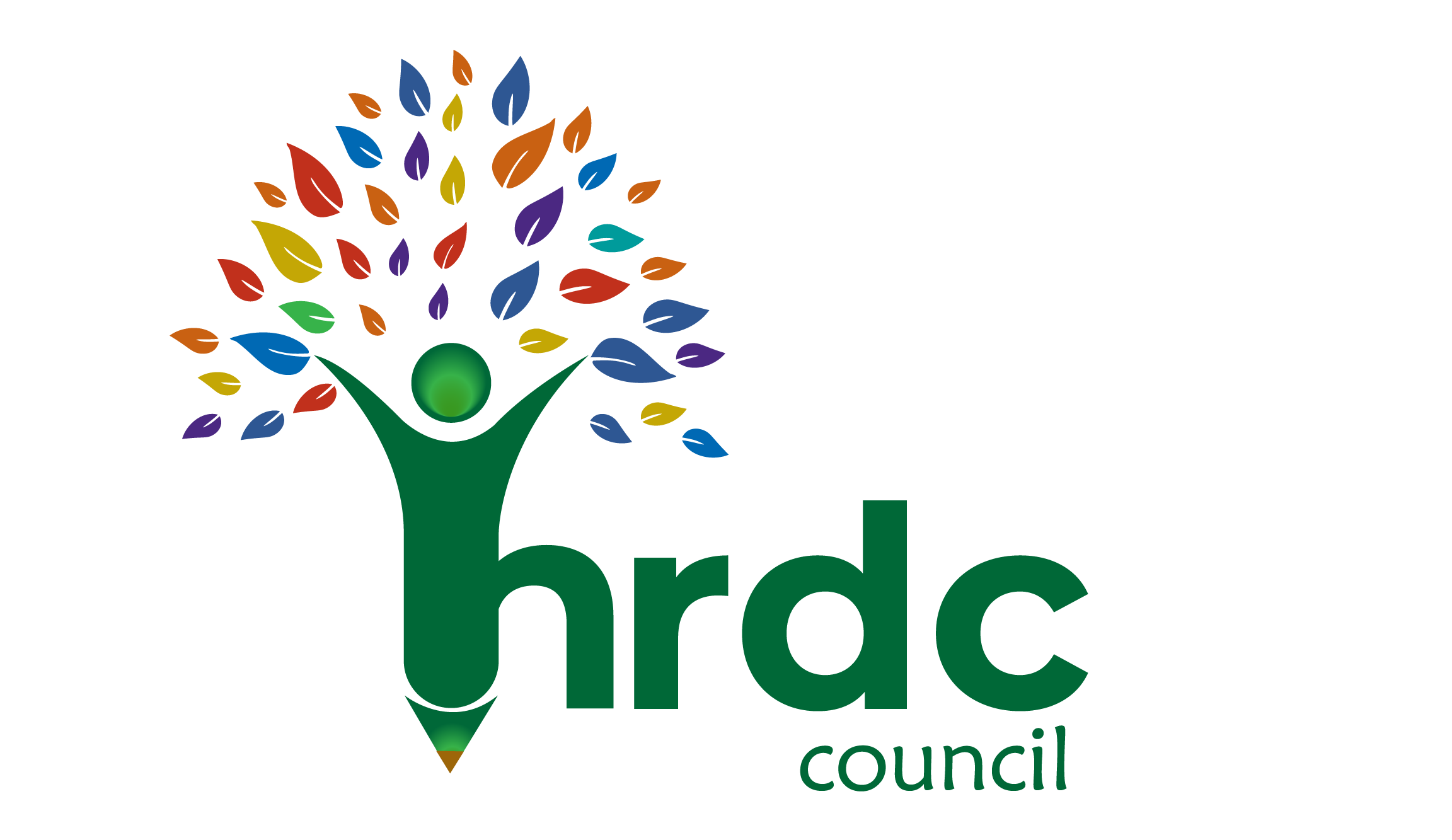When it comes to making accurate decisions, technology can be of great help. Talent analytics, or HR analytics, is commonly used in talent management to acquire and retain talent by leveraging technology and statistics related to employee data. Talent analytics uses a wide range of tools to obtain clear insights into potential and permanent employees of the organization, their capabilities, and their weaknesses. Analytics draws conclusions based on data and interpretation, and HR teams can rely on these statistics for transparency and accurate decision-making.
Here’s why using analytics to guide talent management decisions is great!
- Unbiased hiring: Analytics uses tools to shortlist candidates who best match the criteria unbiasedly.
- Growth in employee retention rate: Analytics helps analyze employee feedback accurately, keeping top talent satisfied and happy.
- Less time-consuming: Talent analytics saves time trying to find loopholes in the talent management system by finding them for you along with solutions.
- Maintain transparency: Talent Analytics derives accurate employee data over all periods, helping maintain consistent transparency in the workplace and productivity.
Several big organizations now rely on talent analytics to improve their productivity and profitability. Your organization can also benefit from using analytics to guide talent management decisions. Here are some ways analytics can guide you in talent management:
- Identifying crucial qualities of candidates that fit your organization’s overview.
It’s important to identify candidates who possess qualities that will fit your organization’s setup and contribute towards obtaining better results. Qualities like leadership, communication, and honesty are the most sought-after. These qualities can be easily identified with the help of talent analytics. An AI-based assessment survey can help you recognize suitable candidates for the organization and how they can add value to your organization. Analytics also helps identify certain negative characteristics of candidates that can threaten the organization’s smooth workflow. Through this, it enables you to avoid making bad decisions that might hamper the organization at large.
- Building competent coaching programs.
Talent management is largely concerned with conducting various coaching programs adhering to the skills required in the workplace. Building the perfect coaching program that can benefit all requires making significant decisions. These decisions can be taken much more fluently with the help of talent analytics tools. Various AI and analytics metrics help analyze potential skill gaps in the workspace and, accordingly, develop solutions based on real-life instances. These instances help craft a perfect coaching program for employees to improve their skills and work towards their organization’s goals.
- Quality conversation support.
Talent management requires continuous communication among employees and managers. In fact, during training, coaches also rely on certain ways to communicate with the employee better and train them well. Analytics can help produce some of the best ways for employees and coaches to converse easily and produce great outcomes from it. HR analytics helps identify employees’ weaknesses and strengths through data-driven insights. Further, keeping these insights in mind, coaches can prepare structured topics according to the skill gap of the employee and impart them through these conversation support systems. This way, analytics will help decide which development program suits which employee best and provide platforms where they can engage with their trainers.
We have seen a rise in the use of analytics in every sphere, and these numbers will keep on rising. Thus, using analytics in talent management is an obvious step organization should take to guide them toward a better talent management setup. Analytics helps organizations not only fill the empty spots with the best talents but also provides suggestions that can develop the skills of these talented professionals even further.
This blog mentions why using analytics to make talent management decisions is great. It also suggests areas where analytics can be used in talent management and make the most of their talent analytics tools.


